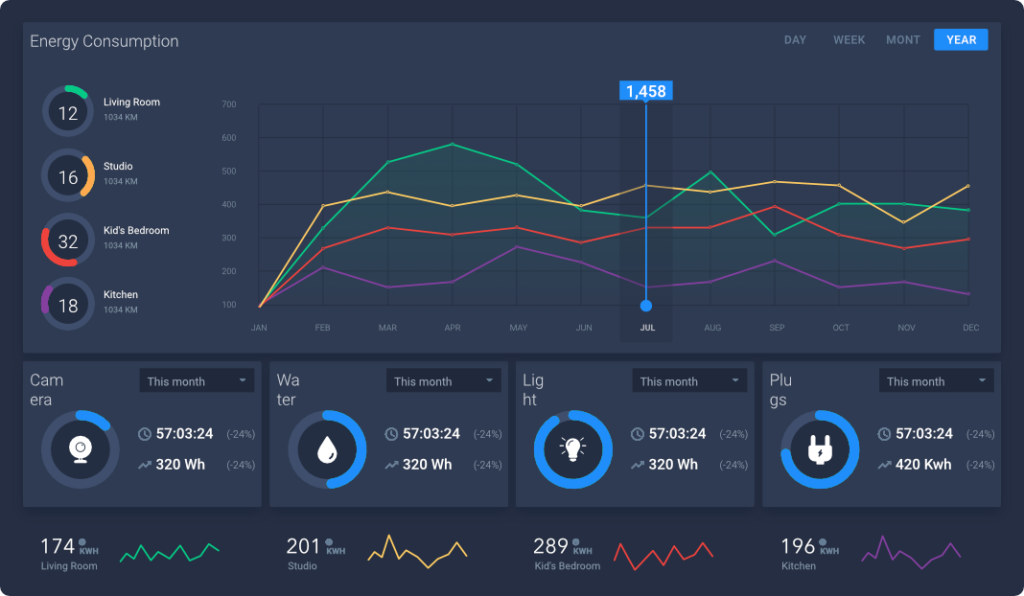
Traditional banking refers to the offline banking system that has been in place for many years, which typically involves physical bank branches and face-to-face interaction with bank employees. This system includes services such as depositing and withdrawing cash, taking out loans, and managing checking and savings accounts. Today we will discuss about 9 Benefits of Traditional Banking
Traditional banking often includes a range of products and services, such as debit and credit cards, mortgages, personal loans, and investment products.
Customers of banking interact with the bank in person, by visiting a physical bank branch, by telephone, or through the mail. Transactions are recorded in a physical ledger or passbook, and customers can access their account information by visiting a bank branch or by writing to the bank for account statements or balance inquiries.
Traditional banks also offer a wide range of services including foreign exchange, trade finance, and cash management, and also act as safekeeping and safe custody services for valuables like gold.
In recent years, online banking and mobile banking have become increasingly popular, but this kind of banking still remains an important part of the financial industry.
9 Benefits of Traditional Banking
1. Security:
It can provide added security for customers, as their financial information is not stored online and it could be vulnerable to hacking or cyber-attacks.
2. Reliability:
The systems are not dependent on internet connectivity, which means they can be relied upon in areas with poor internet infrastructure or in the event of internet outages.
3. Privacy:
It can provide customers with more privacy as their financial information is not stored online and is not accessible to outside parties.
4. Accessibility:
It can be accessible to those who do not have internet access or the means to access online banking systems.
5. Reduced fraud:
This kind of system can reduce the risk of fraud as transactions are not conducted through the internet.
6. Control:
It can give customers more control over their finances, as they can choose when and how to make transactions.
7. Human interaction:
It can provide customers with the opportunity to interact with bank tellers or other staff, which can be beneficial for those who prefer to work with humans.
8. Cost-effective:
It can be more cost-effective than online banking, as there is no need for expensive internet infrastructure and online banking systems.
9. Traditional banking experience:
It can provide customers with a more conventional banking experience, which some people prefer.
Also Read: Importance of State Bank of India, HDFC, and ICICI Bank in India
Difference between Traditional Banking and Online Banking
Offline banking and mobile banking are two different ways of accessing banking services.
The main difference between traditional banking and mobile banking is the way in which services are accessed. Conventional banking requires customers to visit a physical bank branch or to interact with bank employees over the phone or through the mail. Mobile banking, on the other hand, allows customers to access their bank accounts and perform transactions using a mobile device, regardless of location.
Traditional banking typically offers a wider range of products and services, including trade finance, and cash management, as well as safekeeping and custody services for valuables like gold. On the other hand, mobile banking offers unparalleled convenience, allowing customers to access their accounts and perform transactions anytime they have an Internet connection. Additionally, mobile banking provides a broader range of options, including sustainable banking with Atmos and other platforms like them, which helps fund green projects such as installing solar panels to foster a cleaner economy.
Also, Read: RBI Allows Six Entities to Test Fintech Product to Prevent Fraud under Sandbox Scheme







